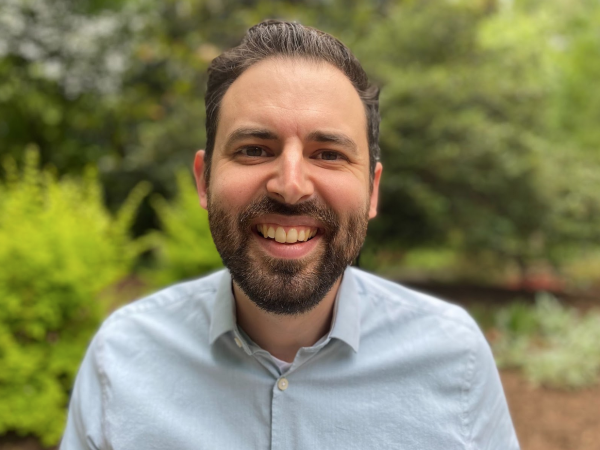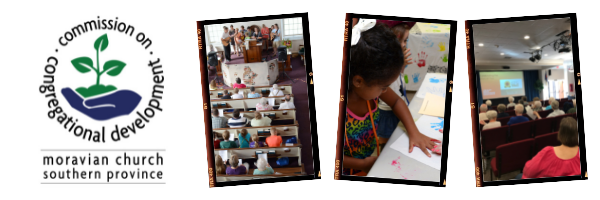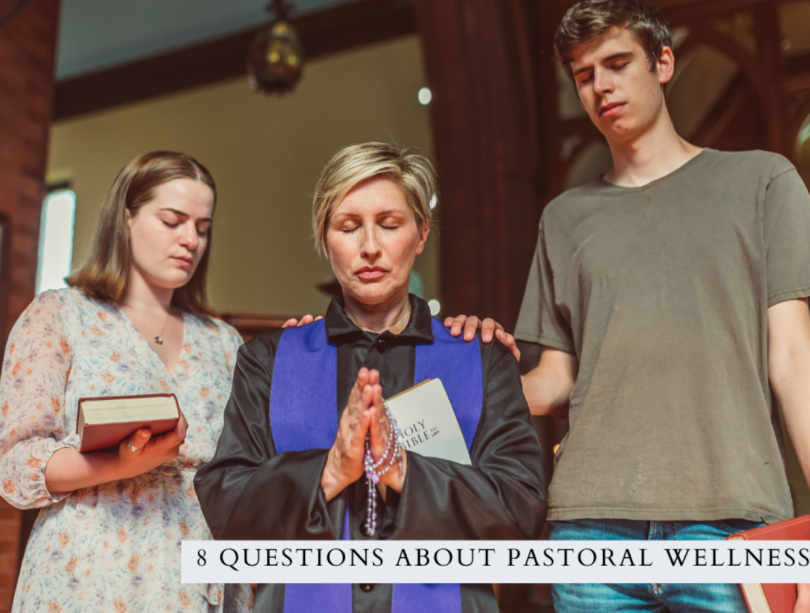
BY TRAVIS JEFFORDS |
I saw this great tweet the other day by @showerfeelings:
When you’re a kid you think coffee is the most adult drink. Then as a teenager you think alcohol is really the cool adult drink. Then you finally become an adult and realize that all along, it was water. Water is the ultimate adult drink.
I love this tweet!
For me, the tweet really gets at, in this funny, relatable way, the way our beliefs, awareness, actions, etc change during our life. There are moments in life when we realize truths about ourselves and the world around us that, when we were younger, we just weren’t ready or able to hear, even though it was right in front of us all along.
I had read and studied the gospels during my high school and college years, but, it wasn’t until I started working in a full-time ministry role (as a worship leader and college minister), that I suddenly realized that – in several places, the Gospels seem to express this profound truth:
Ministry can be exhausting.
In fact, Jesus knows this, and experiences it firsthand.
I had read those passages time and time again, but I had literally never seen it…until one day, when I was exhausted in ministry…there it was staring right at me.

For example, in Matthew, Jesus teaches for 3 chapters in a row: 5-7, then in chapter 8 Jesus immediately comes down from the mountainside with large crowds following him. He heals a man with leprosy, then heals a Centurians servant, he heals Peter’s mother-in-law, he “drove out the spirits with a word and healed all the sick”(Matthew 8:16 NIV).
Immediately after that, I hear Jesus express his exhaustion as he says,
“foxes have holes and birds of the air have nests, but the Son of Man has no place to lay his head” (Matthew 8:20 NIV, italics mine)
He’s teaching and teaching and teaching and healing and healing and healing and at some point, I think Jesus is just expressing a need for a place to rest and recharge.
Jesus is longing for a place to reconnect with God, and himself, so that he can be able to continue to do the work he is called to do.
Immediately after that Jesus and the disciples get into a boat to cross the lake. In this famous passage, a “furious storm” comes while the boat is on the lake. What is Jesus doing?
Sleeping.
Pastor’s can give great sermons about the theological reasons why Jesus is sleeping, and there is merit to all of those reasons…but as a mental health counselor, when I read that Jesus is sleeping in the boat, after everything he’s done, I read that he is simply exhausted and looking for rest anywhere he can get it.
But is he able to sleep?
No! The disciples wake him up!
This is what life can be like for those involved in pastoral ministry.
Most of the pastors I meet as a counselor feel called by God to the work they’re doing. They love administering the sacraments, they love preaching the Gospel, they love meeting with families…
But…
They also feel tired.
Often.
And that tiredness can affect them mentally, physically, and emotionally.

Notice this story in Luke 4:42 (NIV) immediately after Jesus has healed numerous people:
At daybreak Jesus went out to a solitary place. The people were looking for him and when they came to where he was, they tried to keep him from leaving them.
Even when Jesus tries to get away to reconnect with God and rejuvenate his spirit, the people won’t let him! They chase him down!
So many pastors have stories of trying to take just one full day off a week, trying to go to a continuing education event that would replenish their spirit, trying to take a couple weeks of vacation a year…but…it can feel like their congregation pulls them back.
Now, pastors do have some agency here.
Pastors are responsible for working through their own boundary issues, people-pleasing tendencies, work-aholism, Messiah complexes, etc.
But, the church is also a system (just like a family is)…meaning that the pastor’s self-sacrificial tendencies do not come about in isolation, but are also, in many cases, an effect of the broader church systems ideas about the boundaryless nature of the pastoral role.
Members of the congregation also have work to do with this dynamic.
We have to ask ourselves…in what ways are we helping the pastor or church staff to build in healthy rhythms of rest and renewal.
In what ways are we encouraging greater mental, physical, emotional and spiritual health care for our pastoral staff?
Here are-
8 Questions for Church Members to Ask About Pastoral Wellness
- Is our pastor able to use the full vacation time allotted to them each year?
- Is our pastor able to be totally unplugged from the church when they do take that vacation time?
- Do we provide for our pastor to take continuing education time each year, do they take it, and are they able to leave the area and get away in order to do so (as opposed to online training)?
- Does the congregation know what days off during the week the pastor usually takes, and how does the church and the pastor safeguard that time?
- Does the church encourage our pastoral staff to seek care from trained mental health professionals, or do we stigmatize mental health care? (How would we/I react if we/I found out our pastor was seeing a counselor?)
- If the pastor has a young family with children at home, has someone offered to watch the kids once a month so that the pastor can go out on a date with their partner?
- Do we expect our pastor to be at every meeting and church function, or are there events the congregation can lead and manage on their own?
- Does someone in the church have a second home outside of town we could offer to the pastor and their family for use a few times a year…even just to step away for a day?
I’ll just close with this: as your pastoral staff feels freed and encouraged to develop a healthy rhythm of self care, they will learn to see the value and necessity of self-care and wellness in themselves, and will then be able to turn and advocate for that in members of their own congregation.
The whole church system and culture can change over time.
The church can move from being a place where we continually ask more of each other even though in our heart of hearts we’re secretly exhausted, bitter and resentful…to a place where we are able to set appropriate boundaries, and love the work we do, because we support one another both in living out our calling, and living out our God-given need for rest, renewal, and connection with God.
About the author

Travis Jeffords is a Counselor at Sanctuary Counseling Group in Winston-Salem. He writes on the intersection of church and mental health at travisjeffords.substack.com. [email protected]
Requests for republishing, click here
Want to volunteer to write for us? Click here









